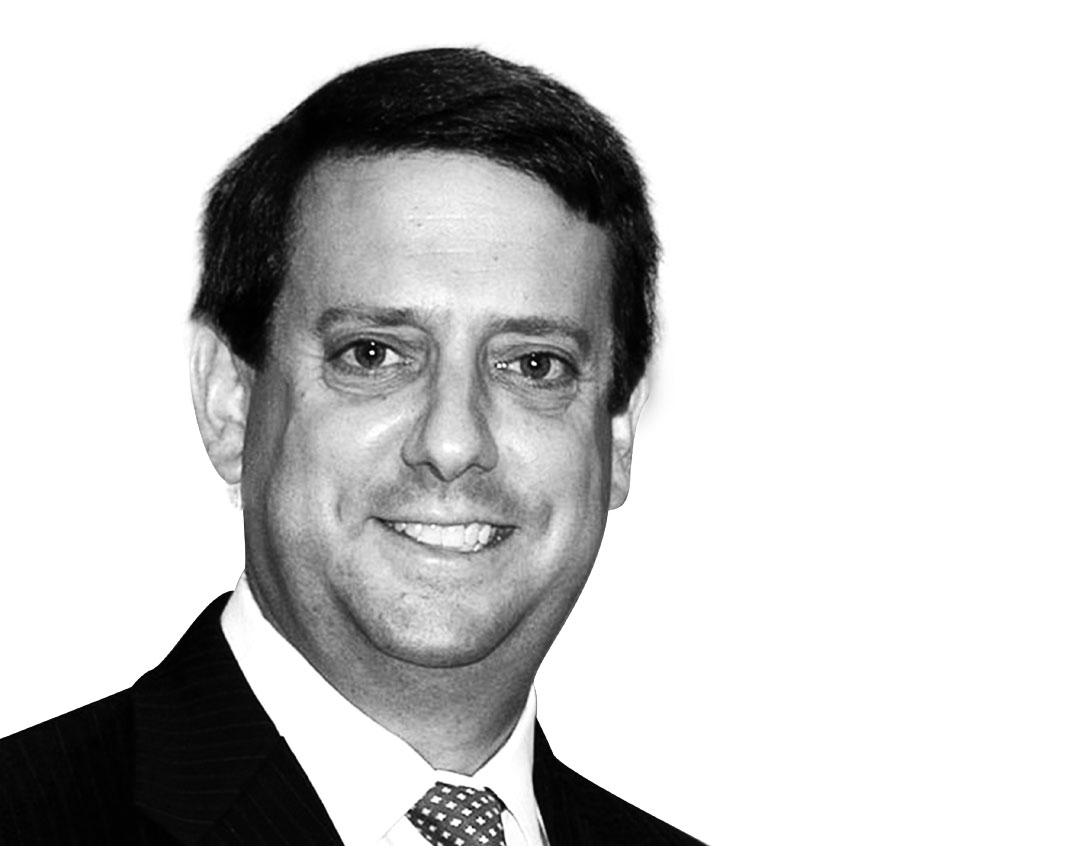A Few Minutes with Nathan Diament


Nathan Diament is the executive director for public policy for the Orthodox Union and a longtime activist for the Orthodox Jewish community in Washington, D.C. Following the shooting at the Chabad shul in Poway, California, and the National Day of Prayer at the White House, where he was a guest, Mr. Diament spoke to Mishpacha about the state of anti-Semitism today, how we can improve security at Jewish institutions, and how to navigate a hyper- partisan environment in the nation’s capital.
What was it like to be at the National Day of Prayer after the Poway shooting, amid the general focus on anti-Semitism in America?
It was a meaningful event. From a Jewish perspective, it was remarkably powerful because Rabbi Yisroel Goldstein was there and spoke, as did two of the people who acted to stop the Poway attack, and that was incredibly powerful. As well, the president’s and the vice president’s denunciations of anti-Semitism and their stated commitment to fighting anti-Semitism were powerful to witness.
And we should remember that the entire event took place in a framework in which the White House recognized the many religious communities and religious faiths in the United States — Jews, Christians, Muslims, and others — and how important and fundamental it is for America to act as the protector of religious freedom for all people and all religions.
Can you share your thoughts following the Poway shooting?
Obviously, it was a terrible tragedy. Besides the event itself and the woman who lost her life, Lori Kaye, is the fact that now we cannot say that the shooting in Pittsburgh last year was a one-time occurrence. Now it has a partner. And that fact is very shocking and disturbing. It has to motivate us, as the Orthodox Union, to work even harder to help our shuls be safe places.
Tell us about your efforts to increase funding for the federal nonprofit security grant program, which provides money to organizations at risk of a terror attack.
We’re in the midst of helping both shuls and schools apply for this year’s money, which is $60 million in total. We’re also already working on next year’s appropriation of funds in Congress and we’re trying to increase the funding even more, to $75 million. And our state advocacy teams are also working to get state funding to complement the federal funding.
For instance, earlier this week, the governor of California announced he would allocate an additional $15 million of state money toward security for nonprofit institutions. And that was because of our advocacy. We’re doing similar work in other states as well.
Some in the Jewish community are suggesting federal and state funding will never be enough and we should also train synagogue members to defend themselves. What’s your take?
I don’t think those two things are mutually exclusive. In fact, the money that we helped to secure also helps fund the training programs. You want a building to have a sprinkler system and a fire alarm, but that doesn’t mean you don’t do fire drills. There has to be training alongside it. We’re trying to generate as much money for security as possible.
Are you afraid that something like Poway can happen again?
Yes. What we’ve seen now with regard to shuls, and we’ve also seen it at churches and mosques and other houses of worship, is that a disturbed and determined individual can get his hands on a weapon and cause a lot of terrible harm.
Recently, it’s happened twice at synagogues, and it has happened many more times at other houses of worship. And sadly, for now, it’s something that we are living with. We have to work as hard as we can prevent it and we have to work as hard as we can to prepare for it. But this is something that we anticipated, which is why we started working on synagogue security 15 years ago.
Do you get the sense that anti-Semitism has become a political volleyball in Washington — people on the right are saying “look at the anti-Semitism on the left” and people on the left are saying “most of the hate is coming from the white supremacists on the right”?
There are people who are weaponizing anti-Semitism, and we signed a letter two or three weeks ago, with other religious organizations to Congress, calling that out. Anti-Semitism should not be abused for political purposes.
Are you optimistic that in the hyper-partisan atmosphere of Washington people can join hands and fight anti-Semitism regardless of its source?
Yes. One example is how Congressman Eliot Engel, the New York Democrat who’s the chairman of the House Foreign Affairs Committee, has been a great supporter of Elan Carr, who was appointed by Mike Pompeo to be the State Department envoy to combat anti-Semitism. And who’s obviously a Republican. They’re working very closely together on combating anti-Semitism, and I think there are plenty of examples of that.
Longtime Nazi hunter Serge Klarsfeld said the other day that it feels like the 1930s again. Do you agree?
I would not agree with that, certainly with regards to the United States. I can’t comment on some European countries. When you have the president and the vice president, and Democratic leaders of Congress, and everybody in the political leadership, and even the media, condemning anti-Semitism and repudiating it, that is not reminding you of the 1930s.
Does President Trump bear any blame for the rise of anti-Jewish hate in the United States?
I think people should consider the remarks the president made [at the National Day of Prayer] and also the remarks that Rabbi Goldstein from Poway, California, made about President Trump. The president has spoken out very vigorously against anti-Semitism.
(Excerpted from Mishpacha, Issue 759)
Oops! We could not locate your form.













